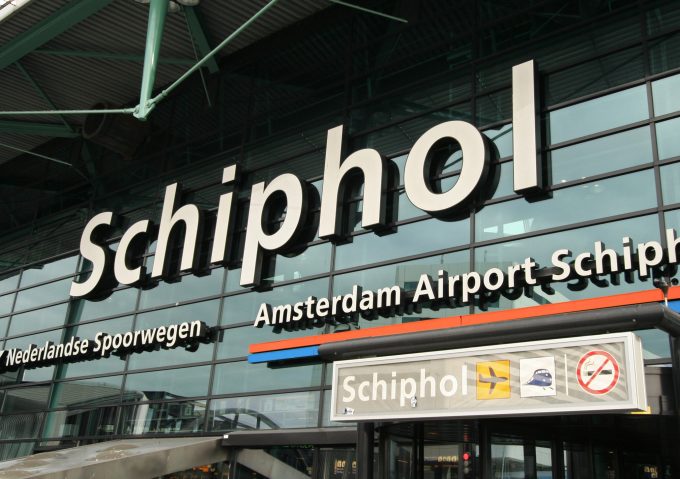Business case for commercial use of the Beluga 'was not there', says Airbus
Airbus has taken the “reluctant” decision to axe the commercialisation of its heavylift Beluga aircraft, ...

With freighters poised to shoulder a disproportionately high portion of global traffic for the coming two years or more, it is critical that a gateway like Amsterdam Schiphol secures sufficient slots for them.
This will require a collective effort by the air cargo community to make ...
Four crew members still missing as Wan Hai 503 continues to burn
Explosions and 'out-of-control' fire reported on Wan Hai box ship
Predatory rivals circle as the ripples from DSV's Schenker buy widen
MSC Elsa crew face criminal probe, as Wan Hai 503 firefighters battle on
'It's driving us mad', say forwarders as US court fails to end tariff turmoil
Transpacific rates ease as capacity boost proves too much for trades to digest
European port congestion easing – for now
CMA CGM 'testing the water' of the Suez Canal for more services
Flexport: Sanne Manders talks profitability, fire-sales and Dave Clark
More legal trouble in India for MSC: feeder vessel detained after box ship disasters
DSV insiders hit back at Kuehne & DHL GF – got a 'pro integration' going
Latest Israeli attack on Iran a threat to box ships in Straits of Hormuz

Comment on this article